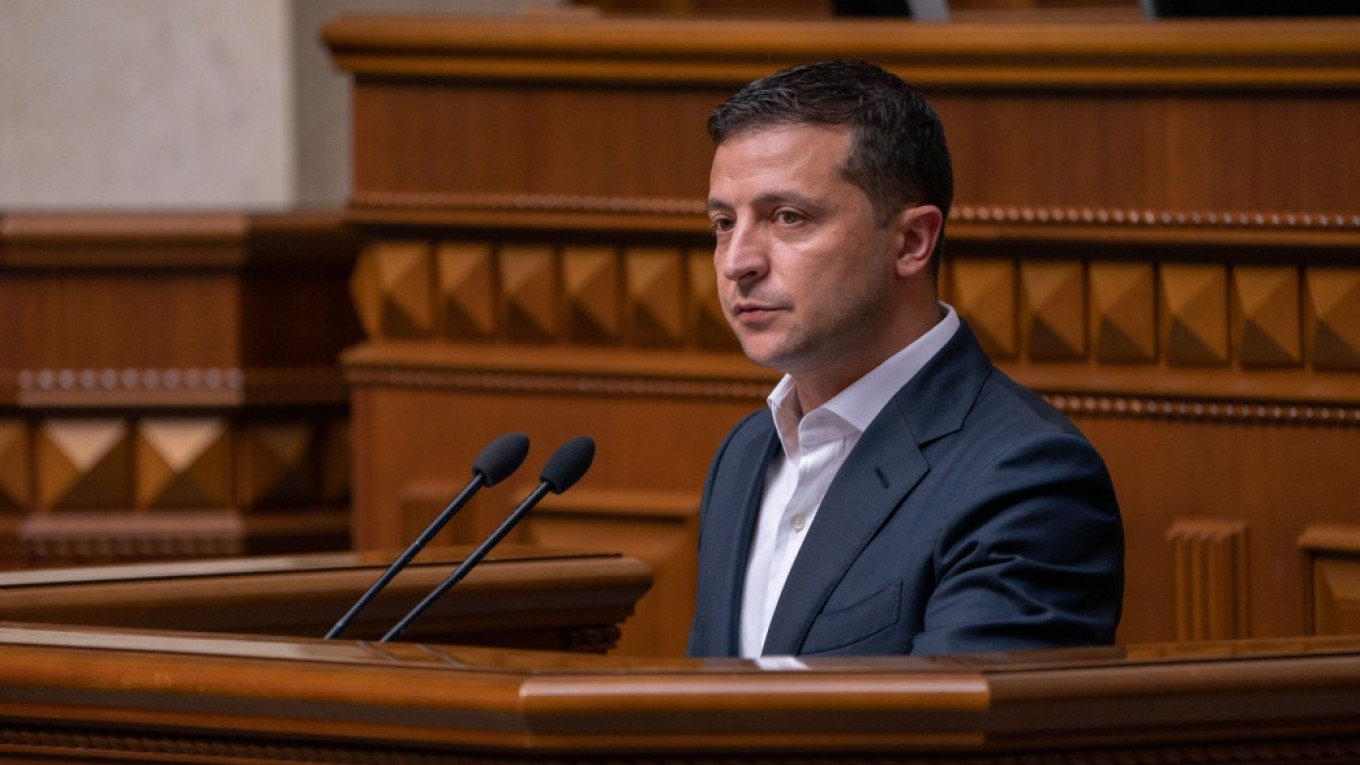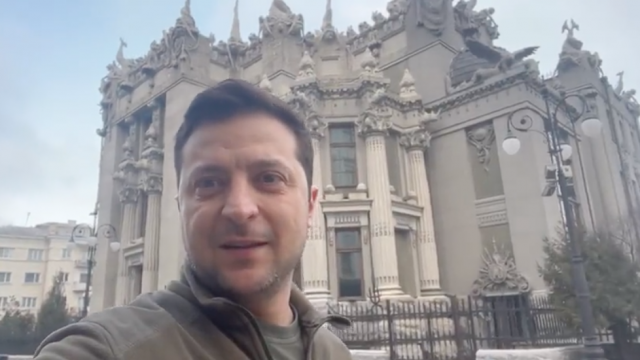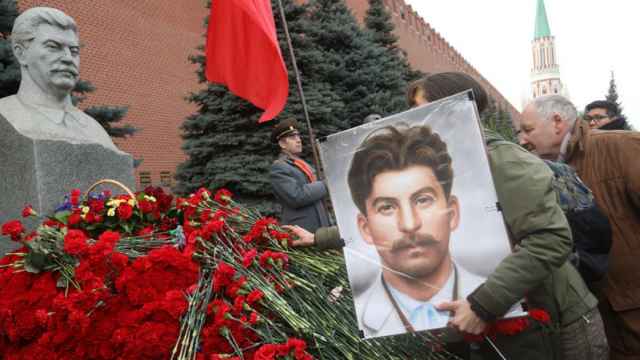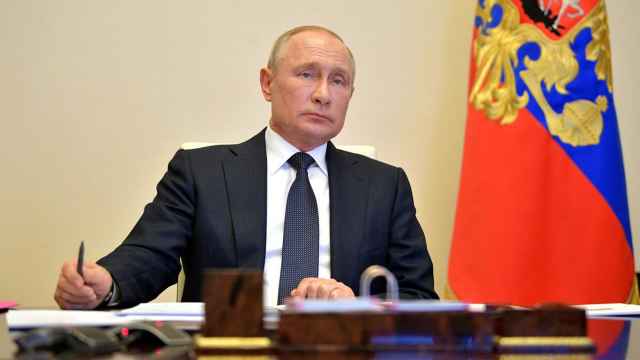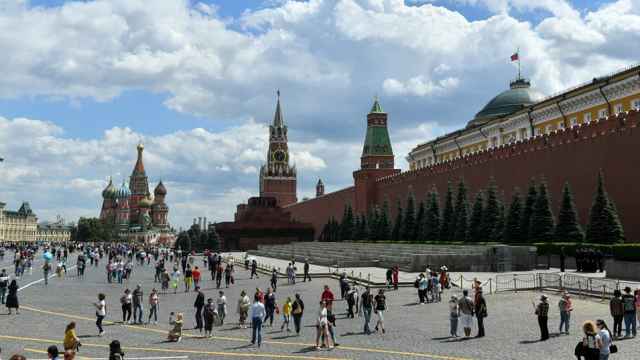Russian attitudes toward Ukraine have improved since the beginning of the year thanks to the election of Volodymyr Zelenskiy as Ukraine's president, a joint study by the independent Levada Center pollster and the Kiev International Institute of Sociology (KIIS) has said.
Ties between the two neighbors have been fraught since 2014, when Russia annexed the Crimean peninsula and conflict broke out between Ukrainian forces and pro-Russian rebels in the country’s east. The tide began to turn after Volodymyr Zelenskiy was elected in April and the two countries held a high-profile prisoner exchange last month, Levada sociologist Karina Pipia told the RBC news website.
According to the study published Tuesday, 56% of Russian respondents assessed their attitude to Ukraine as “good” or “very good.” That figure had fallen as low as 24% in January 2015.
Russian sympathies were on Zelenskiy’s side during the Ukrainian presidential election, Pipia said, because he made improving relations between the two states and restoring peace a central part of his campaign.
Meanwhile, Ukrainian opinions about Russia have worsened this year. Fifty-four percent of its population expressed positive attitudes toward Russia, a decrease from 57% in February 2019.
Volodymyr Paniotto, the general director of KIIS, told RBC that this decrease falls within the margin of error and that Ukrainian attitudes toward Russia have been slowly warming since 2015.
Citizens of both countries who were surveyed said that their countries should be independent and friendly toward one another, with open borders and no visa or customs requirements.
Levada surveyed 1,601 Russians aged 18 and older across 50 regions from Sept.26-Oct.2. KIIS interviewed 2,035 Ukrainians across all regions of the country except Russian-annexed Crimea and separatist-controlled areas of eastern Ukraine.
A Message from The Moscow Times:
Dear readers,
We are facing unprecedented challenges. Russia's Prosecutor General's Office has designated The Moscow Times as an "undesirable" organization, criminalizing our work and putting our staff at risk of prosecution. This follows our earlier unjust labeling as a "foreign agent."
These actions are direct attempts to silence independent journalism in Russia. The authorities claim our work "discredits the decisions of the Russian leadership." We see things differently: we strive to provide accurate, unbiased reporting on Russia.
We, the journalists of The Moscow Times, refuse to be silenced. But to continue our work, we need your help.
Your support, no matter how small, makes a world of difference. If you can, please support us monthly starting from just $2. It's quick to set up, and every contribution makes a significant impact.
By supporting The Moscow Times, you're defending open, independent journalism in the face of repression. Thank you for standing with us.
Remind me later.


